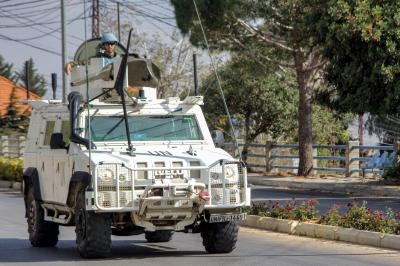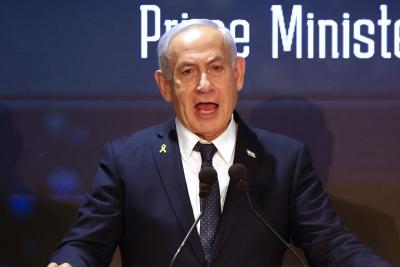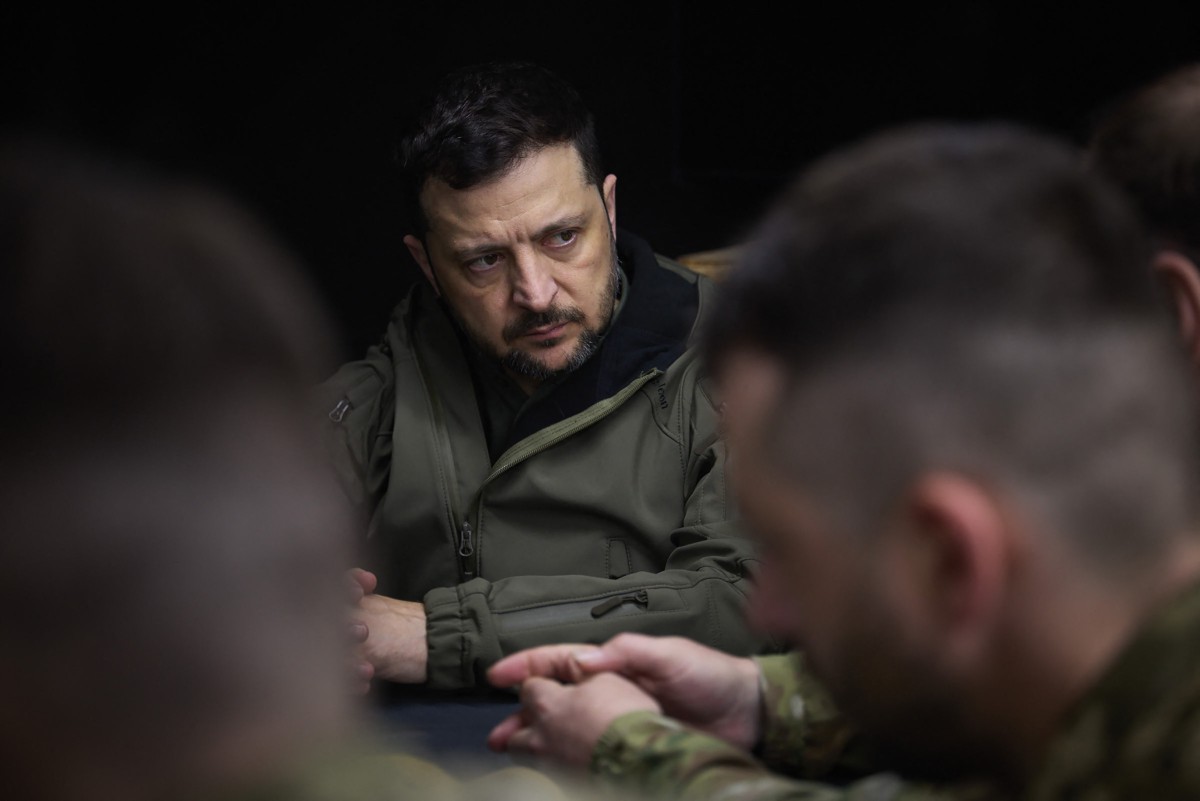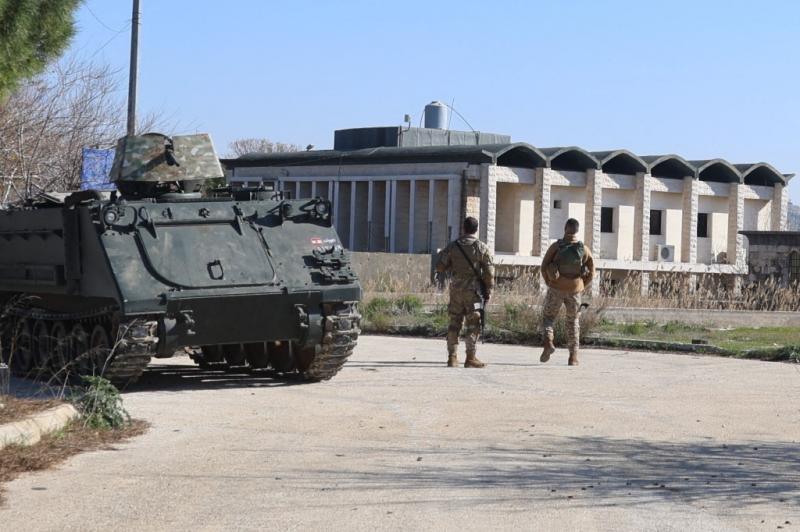Since the Russian invasion of Ukraine on February 24, 2022, questions have been raised over the country’s future and the prospects for ending the war. One of the scenarios increasingly floated is the application of the "Cyprus model" — a de facto partition that would divide Ukraine into a pro-Western region and another under Russian influence, separated by a buffer zone.
The Cyprus crisis dates back to 1974 when Turkey invaded the island following a Greece-backed coup. The result was a frozen conflict that split the island into a Turkish-controlled North — unrecognized internationally — and a Greek Cypriot South, acknowledged as a sovereign state. Though unresolved, the conflict was effectively contained and accepted as a status quo.
Could this be a viable solution if applied to Ukraine? What would the geopolitical consequences be? And would President Putin accept such an outcome if it were framed as a Russian-designed settlement rather than a Western-imposed one? Several complex factors suggest this model may face serious hurdles:
1. Geopolitical Repercussions
Partitioning Ukraine would not just redraw its borders, but potentially shift the map of Europe. It would solidify Russia's position as a dominant power on the EU’s eastern flank and trigger a geopolitical earthquake with ripple effects across the continent — possibly reviving a pre-World War II mindset of shifting frontiers.
Russia remains intent on securing strategic gains. Any partition would necessitate redrawing front lines, risking ongoing hostilities in contested regions like Donetsk, Luhansk, Zaporizhzhia, and Kherson. These areas hold primary geostrategic importance for Moscow, as critical supply routes and links to Crimea.
2. National Identity and Resistance
Unlike Cyprus — where the division followed ethnic and religious lines — Ukraine is home to a diverse, interwoven population. Most Ukrainians view the occupied territories as integral to their national identity. Any attempt to partition the country would likely face fierce internal resistance. Ukrainian leaders have repeatedly stated that peace cannot come at the expense of sovereignty.
3. Economic Fallout
Partitioning Ukraine would fracture its infrastructure and economy, undermining any hopes of a long-term settlement. At the same time, the Russian-held regions are rich in resources and industry, which Ukraine would need for any meaningful post-war recovery.
The West’s Stance on Partition
So far, both the U.S. and the EU remain firmly opposed to any division of Ukraine, viewing it as a strategic victory for Russia that could embolden future aggression. Their position is anchored in several principles:
Upholding Territorial Integrity: The West has consistently supported Ukraine’s sovereignty and rejected any changes to its borders by force — even at the cost of economic strain and prolonged conflict.
Deterring Russia Militarily and Economically: NATO has poured vast military aid and advanced technology into Ukraine to prevent Moscow from securing a decisive win.
Fears of Dangerous Precedents: An official partition of Ukraine could serve as a precedent for similar moves elsewhere — particularly in Eastern Europe and the Baltic region — where Russia could exploit such models to exert pressure.
Diplomacy over Direct Confrontation: Despite the military backing, Western powers continue to promote diplomatic solutions, wary that a precedent like this could fuel separatist movements in places like Catalonia or Scotland.
Possible Scenarios Ahead
Prolonged Conflict: The war drags on without an official partition, leaving Ukraine in a state of instability, squeezed between Russian pressure and Western expectations.
Forced Settlement: An international deal enforces an unofficial or de facto partition in exchange for security guarantees for Ukraine’s western regions.
Frozen War: Similar to post-2008 Georgia, contested territories remain under Russian control without a final diplomatic resolution.
Grand Bargain: A future comprehensive settlement might include mutual concessions, such as granting occupied territories autonomy without direct Russian sovereignty, alongside broader security assurances.
In Conclusion
Given the current balance of power on the ground, the most likely short-term outcome appears to be a continuation of the "frozen conflict" — with Russia entrenching control over occupied regions and the rest of Ukraine turning westward, potentially joining the EU while remaining outside NATO.
But could the West still overturn the equation — or will realpolitik prevail over idealistic solutions?
 French
French














